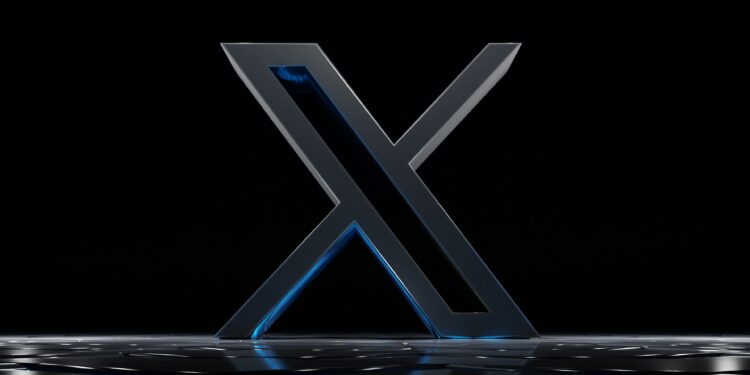Introduction
X & elon musk : In a notable development in global digital politics, Brazil has begun blocking access to X, the social media platform formerly known as Twitter. This action follows a legal dispute with the company over its failure to comply with a Supreme Court order (us supreme court justices). The suspension, which affects both web and mobile access, has sparked significant controversy and underscores the ongoing friction between Brazilian authorities and major tech platforms.
The Genesis of the Dispute
The current conflict between Brazil and X reached a critical juncture when Supreme Court Justice Alexandre de Moraes issued a binding order for X to appoint a local legal representative. This move was aimed at ensuring that the platform could be held accountable under Brazilian law. The deadline set by de Moraes was missed, leading to the court’s decision to enforce a suspension of the platform.
De Moraes criticized Elon Musk ( e musk ), the owner of X, for what he described as a disregard for Brazilian legal standards and national sovereignty. According to the Justice, Musk’s failure to adhere to local regulations reflects a broader issue of tech giants placing themselves beyond the reach of national laws. To enforce the block, de Moraes mandated Brazil’s telecommunications regulator, Anatel, to instruct internet service providers to halt access to X. This action was carried out starting early Saturday morning, impacting millions of users across the country.
Implications for X and Its Users
The blocking of X in Brazil has far-reaching implications. With approximately 40 million Brazilian users, the suspension disrupts the social media habits of a significant portion of the population. For many, X is not only a platform for social interaction but also a critical source of news and information. The blockage has led to widespread frustration among users, many of whom are now seeking alternative platforms or attempting to circumvent the block using VPNs.
Linda Yaccarino, CEO of X, has publicly condemned the block, describing it as an unjust violation of free speech and a breach of Brazil’s constitutional rights. Yaccarino argued that the suspension is part of a broader effort to suppress political discourse, which she views as contrary to democratic principles. In response, X has taken to its official Global Government Affairs page to challenge the legality of the court’s orders, asserting that they are designed to censor political opponents.
In addition to the suspension of X, the legal dispute has led to further complications for Musk’s business ventures in Brazil. Brazilian authorities have frozen the bank accounts of Starlink, Musk’s satellite internet service, affecting its ability to operate in the country. This move impacts over 250,000 Starlink customers in Brazil and highlights the interconnected nature of Musk’s various business interests.
Historical Context and Broader Implications
This incident is part of a broader trend in Brazil’s approach to regulating tech companies. Historically, Brazil has been assertive in its regulatory actions against major technology firms. For instance, Meta’s WhatsApp faced several shutdowns in 2015 and 2016 due to non-compliance with data requests. Similarly, Telegram was threatened with a nationwide block in 2022 unless it appointed a local representative and complied with Brazilian authorities’ demands.
The situation with X reflects the growing tensions between national governments and global tech giants over issues of regulation and free speech. Brazil’s decision to block X is not unprecedented but represents a significant escalation in the country’s regulatory stance. The case underscores the difficulties faced by global tech platforms in balancing compliance with local laws while maintaining their operations and user base across diverse jurisdictions.
Conclusion
Brazil’s block of X is a landmark event in the ongoing struggle between national regulations and global digital platforms. While the immediate impact is the restriction of access for millions of Brazilian users, the broader implications for X and its global operations are yet to fully unfold. The situation highlights the complex dynamics at play in the regulation of social media platforms and the persistent tension between national sovereignty and the global reach of tech companies. As Brazil and X navigate this legal and political clash, the outcomes will likely have lasting effects on the regulatory landscape for digital platforms worldwide.
Have questions or need more information?




































